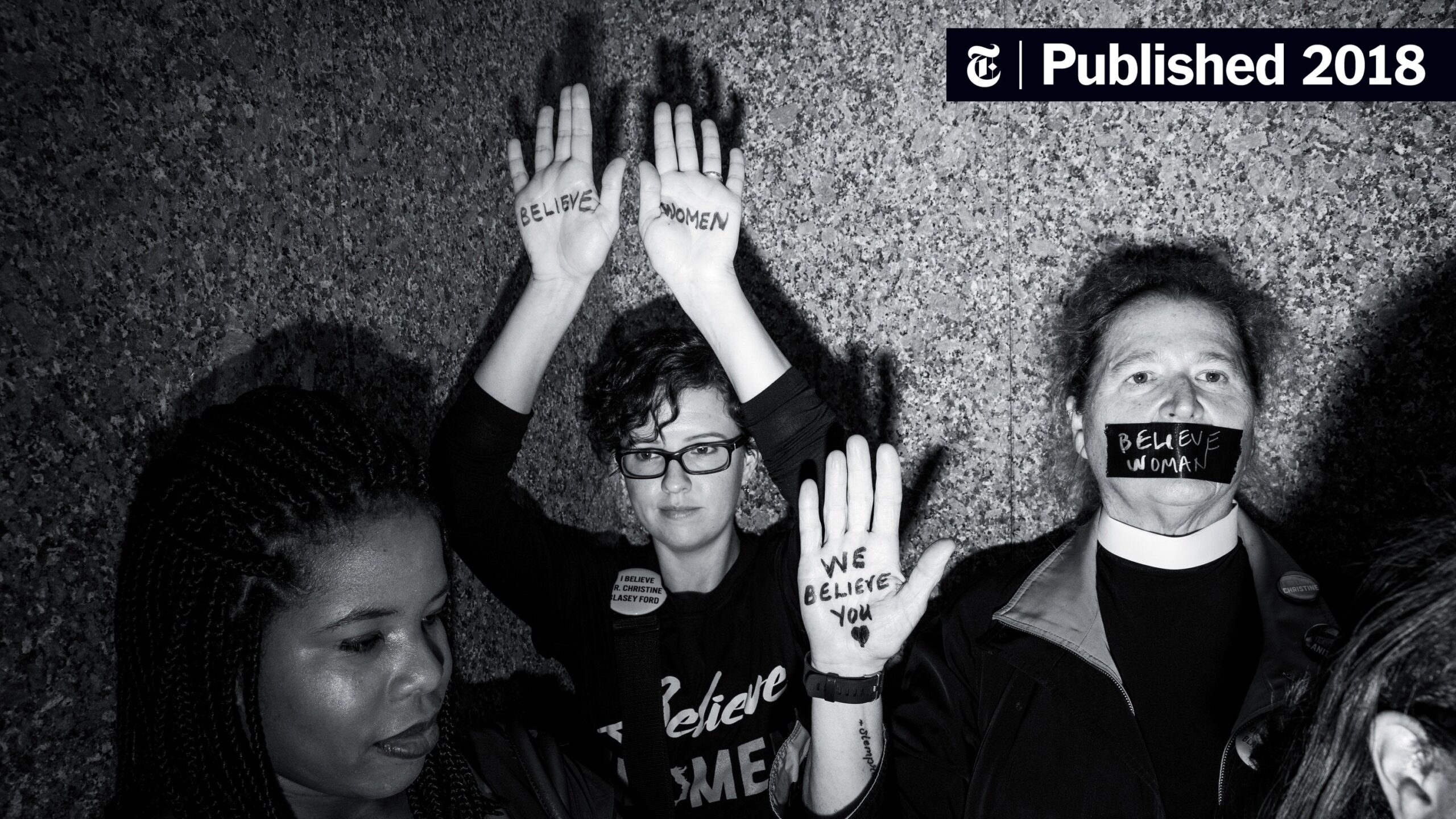Gender equality stands as a profound imperative within the Bahá’í teachings, recognized as not only a moral truth but also a prerequisite for global peace and prosperity. In the context of wartime sexual violence, the Bahá’í perspective offers profound insights and solutions. This document will elucidate the essence of Bahá’í teachings on gender equality, explore its implications for combating wartime sexual violence, and delineate how an equitable society can emerge from these principles.
Firstly, it is essential to delineate the Bahá’í view of gender equality. The Bahá’í Faith asserts that men and women are equal in all domains of human endeavor. The teachings of Bahá’u’lláh advocate for the eradication of prejudices that have historically oppressed women, positing that any such inequity results in societal decline. This foundation seeks to abolish all forms of discrimination, advocating for a partnership between genders that fosters holistic development and empowers individuals irrespective of sex. Gender equality, thus, is not merely an ideal; it is a fundamental aspect of spiritual development and societal health.
However, the ramifications of gender inequity extend beyond mere statistics; they manifest tragically in the form of wartime sexual violence. Throughout history, armed conflicts have often been characterized by the perpetration of sexual violence, which is neither an aberration nor an incidental occurrence but a grievous tactic employed to demoralize communities. This violence disproportionately targets women and girls, laying bare the vulnerabilities stemming from entrenched gender disparities. The appalling prevalence of rape as a weapon of war serves to reinforce societal norms that dehumanize women, objectifying them in ways that mirror existing gender inequalities.
In light of this disturbing reality, the Bahá’í teachings provide a transformative vision for addressing wartime sexual violence through the lens of gender equality. By promoting a society that values the contributions of both men and women equally, the Bahá’í Faith posits that communal harmony may be attained, reducing the prevalence of violence in all forms. When women are afforded equal opportunities and are empowered to participate in decision-making processes, societal resilience grows. This empowerment not only benefits families and communities economically but also cultivates a generational legacy of respect for all individuals.
Moreover, education plays a pivotal role in advancing gender equality and, subsequently, in mitigating wartime sexual violence. The Bahá’í teachings extoll the virtue of education for all, emphasizing that enlightenment serves as a catalyst for social transformation. By dismantling ignorance surrounding gender roles and installing an ethos of respect through education, the likelihood of sexual violence is notably diminished. Particularly in conflict-affected areas, educating young men about the dignified treatment of women and the significance of equality can act as a deterrent to the normalization of violence. Inclusive educational curricula that address gender issues head-on can foster a culture of mutual respect and collaboration.
Furthermore, the Bahá’í perspective recognizes the role of virtue and moral rectitude in shaping societal attitudes. The teachings highlight attributes such as compassion, justice, and protection as foundational qualities that should guide interpersonal relationships. When these values are cultivated collectively, they challenge the cultural narratives that condone or perpetuate sexual violence. A profound commitment to collective moral responsibility can galvanize communities against injustices, fortifying protective measures designed to safeguard individuals from violence, particularly during conflicts.
In practicing the principles of equality, the Bahá’í community has exemplified robust frameworks to combat gender-based violence. Initiatives focusing on women’s empowerment and capacity-building are integral components of Bahá’í community development. These initiatives not only encourage gender-responsive dialogue but also establish support systems for survivors of violence. The establishment of healing circles and counseling services constitutes an essential strategy, reinstating agency to those affected and promoting their rehabilitation into society.
Equally important is the involvement of men as allies in the movement for gender equality. The Bahá’í teachings underscore the importance of engaging men in conversations surrounding gender-based violence, transforming them from passive observers into active agents of change. By challenging harmful masculinities and promoting positive male role models, the narrative surrounding gender can pivot towards one that fosters respect and collaboration. This collective solidarity can profoundly affect the cultural fabric, thereby reducing instances of sexual violence in contexts of conflict.
In analyzing the interconnectedness of gender equality and the prevalence of wartime sexual violence, it becomes evident that the path forward lies through the embodiment of Bahá’í principles. A society that wholeheartedly embraces gender equality fosters an environment where respect for human dignity prevails. By equipping individuals with the tools to challenge societal norms that perpetuate violence and inequity, sustainable peace becomes conceivable.
Conclusively, the Bahá’í teachings present a comprehensive solution to the pervasive issue of wartime sexual violence through the promotion of gender equality. By embedding these principles into the societal framework, communities are not only better equipped to prevent violence but also to cultivate a culture of understanding, respect, and justice. The journey toward gender equality is undoubtedly complex, yet it is essential for the creation of a world where all individuals, regardless of gender, can thrive in peace and harmony.
